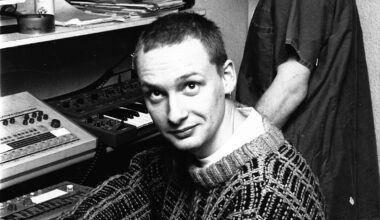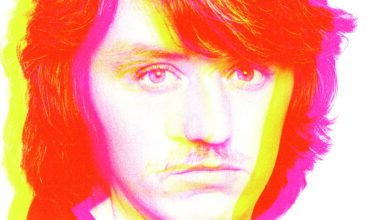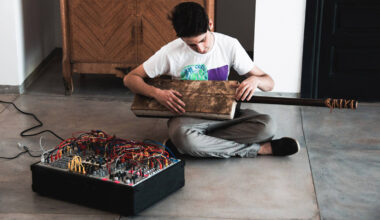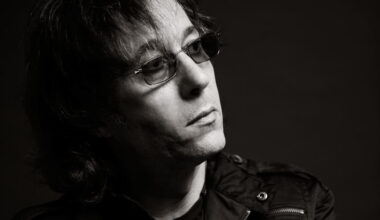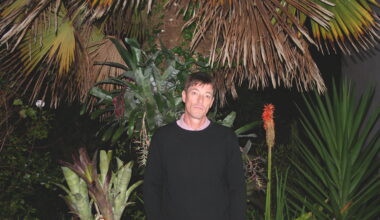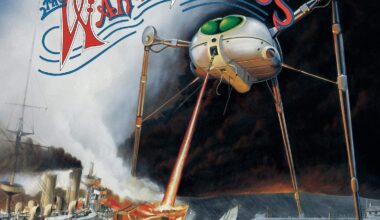The Associates’ Alan Rankine talks us through the making of ‘Party Fears Two’, one of the greatest pop songs ever written
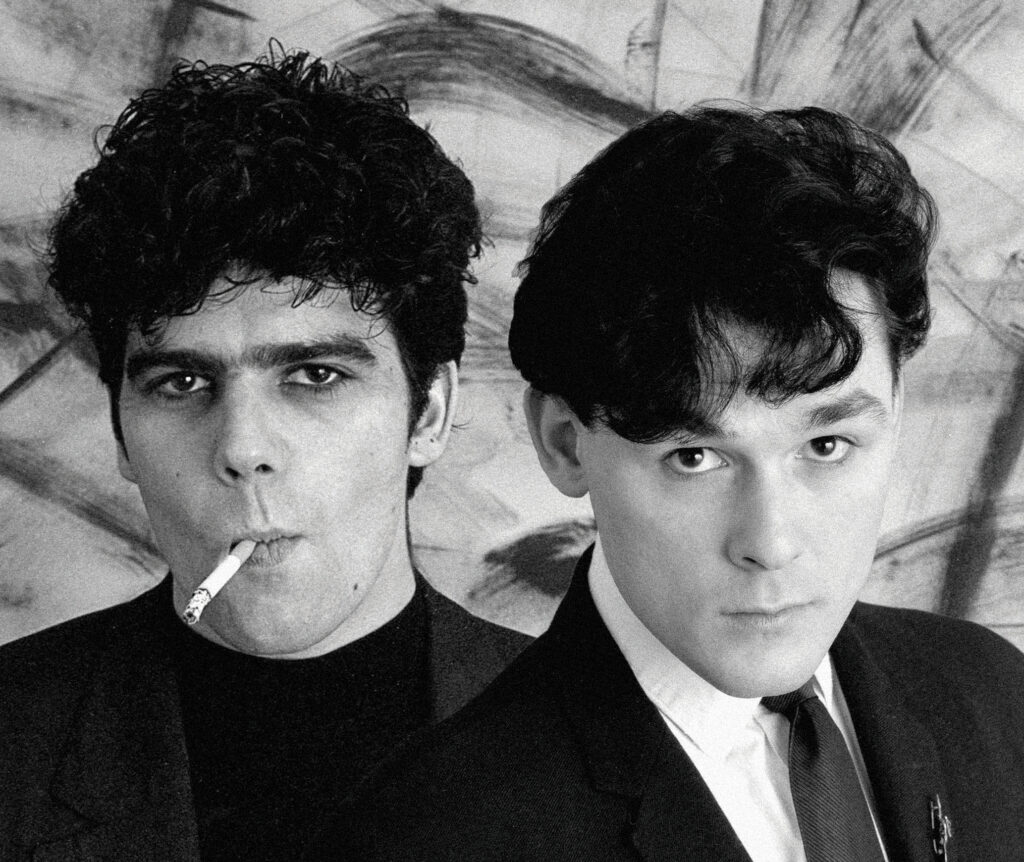
“‘Party Fears Two’ was released in 1982, but the bulk of it was actually written in 1977. When Billy [Mackenzie] and I wrote that motif we both just said, ‘This is great!’. We knew it was good, but we couldn’t use it then and knew we couldn’t use it in 78, or 79… or 1980. We only recorded it properly in 1981. We did a rough demo of it early in 1981 and that’s really what got us signed to a major record label.
“The reason we hung onto ‘Party Fears Two’ was because we knew we would waste it, that it would probably scupper our chances if we released it too soon. The charts at that time were full of punk, post-punk, goth, disco, and cringingly bad stuff like Modern Romance or frigging Dollar or something. God almighty. None of it fitted with what we were doing. Not by a long way. It was only when it got to 1981, with the single coming coming out in March 1982, that’s when it felt right.
“’Party Fears Two’ was originally called ‘I Never Will’, and with this particular song we came up with the piano motif first: dum diddle um-dum dum dum dum dum… The key changes in that are going G major, D major, A minor, and then it suddenly goes to F major and changes key before it has even got to the end of the second bar. All that was done on a piano and by the time we’d got to the chorus Bill had two or three different things going round in his head. So it started off as ‘I Never Will’, but he knew there was something not right about that. He didn’t want to get the lyric wrong, but he didn’t quite have it down two years before it came out! I still think he was swaying either way about what to sing, ha! Billy just did what came into his head, but it didn’t really matter because when we did the rough demos – we did ‘Party Fears Two’ and ‘Club Country’ at the same time – it was the energy that was going to carry these songs.
“The actual recording was really easy. We got a jangle piano in, that’s a piano where the beater hits little rectangular bits of metal before the strings. So that was analogue, but at the same time we had some Synclavier strings in there too. There’s some fairly frenetic guitar on there as well. We always experimented in the studio, we didn’t like to be too prescriptive and have everything already worked out. Any studio, no matter how high end or lo-fi, it’s a kind of artificial environment. If you’re going to use that as another instrument, if you like, you need to give it some headroom, you’ve got to let it breathe. You want some kind of open-endedness.
“So we did those demo recordings between 9pm and 9am at Morgan Studios in London one night sometime in early 1981. Strangely, we put both ‘Party Fears Two’ and ‘Club Country’ down in the same session and we just knew. We played them to our publisher the next morning and we could see by the fact that he wasn’t saying very much that, yes, we’ll be able to sign to a major with this. And I think within three weeks we were signed to Beggars Banquet/Warners.
“We still didn’t fit the charts at the time. We weren’t new romantic, we didn’t obey any rules. We just didn’t fit. We were a bit barking mad. But when you have hit singles you just go along for the ride. You do all your TV shows, your mimes and your playbacks, sometimes singing live, sometimes completely miming. Once that machines kicks into play you’ve really just got to go with it.
“You could sense Bill wasn’t comfortable with that sort of success pretty soon. With ‘Party Fears Two’ and then ‘Club Country’ it was fine, but by the time we got to ‘18 Carat Love Affair’ it was beginning to get a little bit weird. And then, with a world tour booked and coming up, Bill just said, ‘There’s no way I’m fucking doing this, I can’t’. I don’t hold that against him in any way, he didn’t feel comfortable. He didn’t even like rehearsing, he would take the piss out of ‘Party Fears Two’. I think he just wanted to create, he didn’t want to do what was seemingly required of you. He just felt that was stagnation.”
